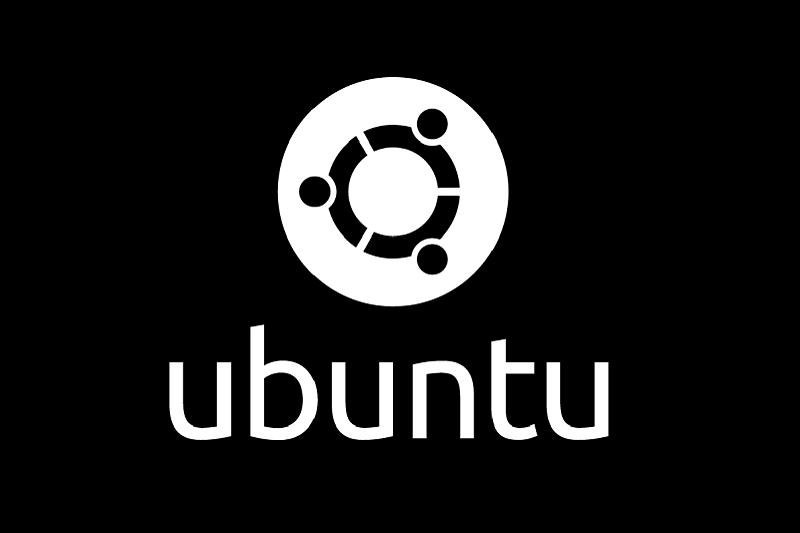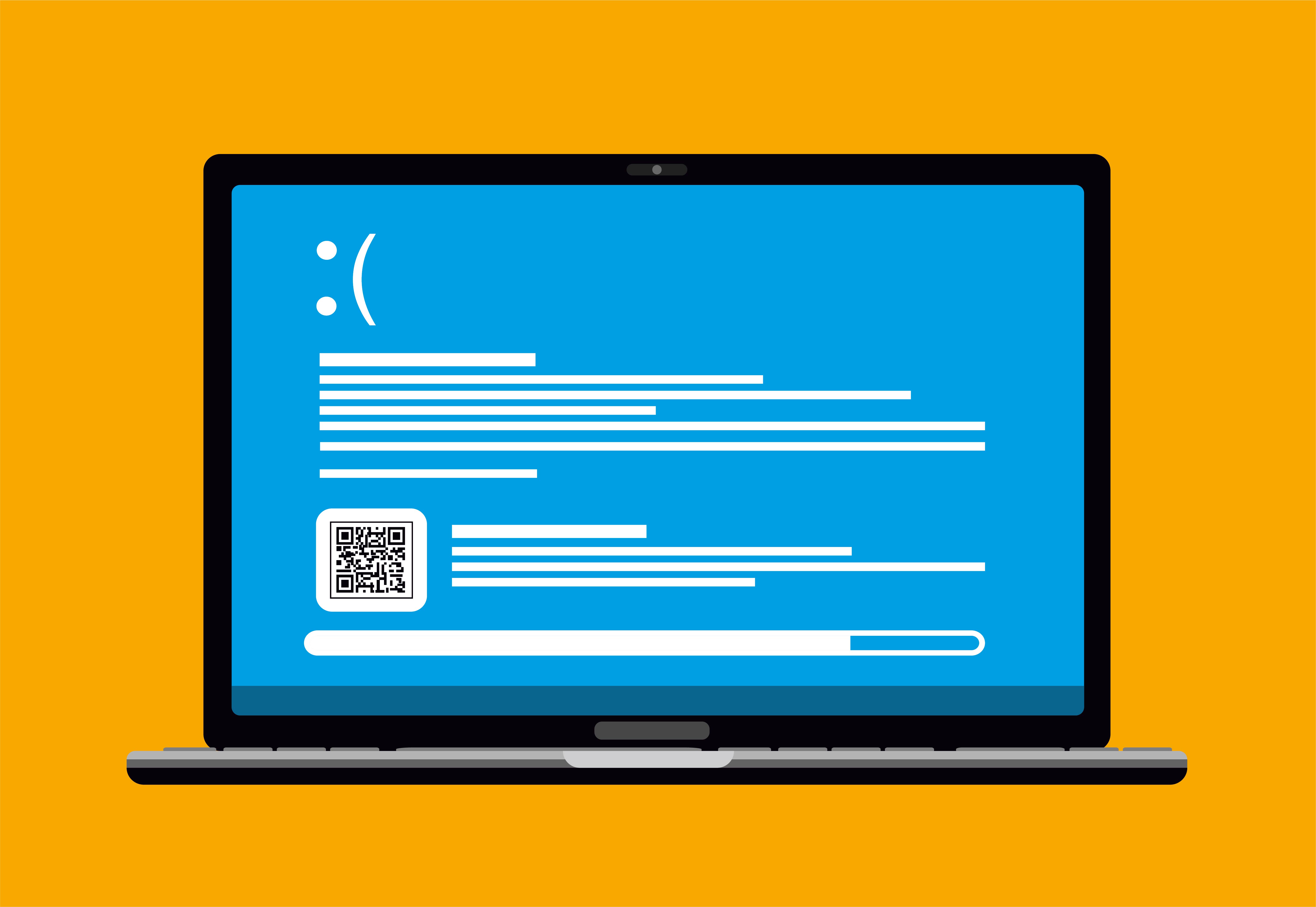Ubuntu tablet OS released for Nexus 7 and Nexus 10
Updated: Canonical brings Ubuntu OS to tablets.

Ubuntu developer Canonical has treated users to a sneak peek at the new tablet version of its Linux-based operating system, on Google Nexus 7 and Nexus 10 devices.
The firm released a promo video on February 21st, showcasing the software, and the preview version is now available to download from developer.ubuntu.com.
Users' favourite applications are displayed on the left hand side of the screen, while their apps can be controlled via a panel on the bottom edge. On the right hand side, users will find a feature called "side stage", which allow smartphone and tablet apps to be run side-by-side.
The video also provided end users with details of how they could use the tablet to create a fully-functioning PC, that can run Windows applications.
A very large supplier of silicon to the mobile industry has said they will commit to Ubuntu.
Furthermore, tablet device owners can set up user and guest accounts, which will allow their device to be used by multiple users without disclosing personal information.
During a conference call, Mark Shuttleworth, the founder of Canonical and Ubuntu, said the security underpinning the devices was the same grade as it uses in the PC, server and cloud market, and will bolster the appeal of Ubuntu within several vertical markets.
Get the ITPro daily newsletter
Sign up today and you will receive a free copy of our Future Focus 2025 report - the leading guidance on AI, cybersecurity and other IT challenges as per 700+ senior executives
"We see [Ubuntu for tablets] being adopted in enterprise settings...and there will be full encryption of each users' data...[so] tablets can be passed around factory floors or in healthcare and military settings," he explained.
The company has also released details of the tablet hardware requirements needed run to the OS for entry-level (7in-10in) and higher end (10in-12in) devices.
End users that want to run the OS on smaller tablets will need a device powered by at least a dual-core Cortex A15 processor that boasts 2GB memory and 8GB of flash storage.
Larger tablets will need at least a quad-core A15 or Intel x86 processor to run the OS, as well as 4GB of memory and have 8GB of flash storage to spare.
The launch of the tablet OS has been something of an open secret, with Canonical featuring a countdown clock for the announcement on its website bearing the phrase, "Tick, tock, tablet time!"
The prospect of a tablet-focused Ubuntu OS is hardly a surprising development for Canonical, given that it released a version designed for use with Samsung Galaxy Nexus smartphone devices back in January.
Nexus 7 tablet users have also been able to port the Ubuntu OS onto their systems for some time, after the 7in device was chosen by Canonical as a reference design used to optimise the software's user experience for tablet owners.
Shuttleworth hailed the "tremendous acclaim" his firm has received since announcing the launch of its smartphone OS.
"The most significant [development since then]...is a very large supplier of silicon to the mobile industry has said they will commit to Ubuntu and optimise it on their silicon...that has also catalysed the manufacturing sector and given them the confidence to say they are ready to release Ubuntu devices," he said.
"We are now very confident that Ubuntu [for smartphones] will ship on devices in Q1 2014," he added.
At the moment, there is no shipping date for Ubuntu-based tablets, Shuttleworth revealed, although he did hint that they could make an appearance before its smartphones drop, thanks to its incumbent partnerships with PC manufacturers, such as Dell, who have already released touch-enabled devices.
The Ubuntu OS has a dedicated following, with Canonical regularly claiming that more than 20 million people favour its free software over commercial alternatives.
However, the firm has a fight on its hands if it is serious about the latest version of its OS taking market share away from the likes of the Android and iOS.
Meanwhile, Microsoft has also been making a concerted effort on the mobile front of late with the release of Windows Phone 8 and touch-optimised versions of its flagship Windows 8 OS.
Updated: The Ubuntu Tablet OS Touch developer preview is now available to download from developer.ubuntu.com, which features installation instructions for users of Google Nexus 7 and Nexus 10 tablet devices, as well as Nexus 4 and Samsung Galaxy Nexus smartphones.
However, the site warns the download is only intended at this stage for developers and enthusiasts to try out the OS, rather than as a permanent replacement for their existing tablet operating system.
The site states: "We want to stress that the Ubuntu Touch Developer Preview is currently work in progress. We are releasing the full code at this point to align to our philosophy of transparency and open source development.
"It is not intended to replace production devices or the tablet or handset you use every day," it concluded.
-
 Should AI PCs be part of your next hardware refresh?
Should AI PCs be part of your next hardware refresh?AI PCs are fast becoming a business staple and a surefire way to future-proof your business
By Bobby Hellard Published
-
 Westcon-Comstor and Vectra AI launch brace of new channel initiatives
Westcon-Comstor and Vectra AI launch brace of new channel initiativesNews Westcon-Comstor and Vectra AI have announced the launch of two new channel growth initiatives focused on the managed security service provider (MSSP) space and AWS Marketplace.
By Daniel Todd Published
-
 Linux just hit an all-time high share of the global desktop market — and surging popularity in India is driving uptake of the open source operating system
Linux just hit an all-time high share of the global desktop market — and surging popularity in India is driving uptake of the open source operating systemNews Linux is still dwarfed by operating systems such as Windows, but it’s making modest gains off the back of growing popularity in emerging markets
By Steve Ranger Published
-
 Linux Blue Screen of Death gives users a taste of the dreaded Windows feature
Linux Blue Screen of Death gives users a taste of the dreaded Windows featureNews The Linux Blue Screen of Death has been added in a recent update
By Ross Kelly Published
-
 Tiny11 review: Windows 11 with only 2GB of RAM
Tiny11 review: Windows 11 with only 2GB of RAMReview A version of Windows 11 for older machines that don't meet the full requirements
By Nik Rawlinson Published
-
 Red Hat Enterprise Linux becomes foundational operating system for Cohesity Data Cloud
Red Hat Enterprise Linux becomes foundational operating system for Cohesity Data CloudNews New strategic partnership between Red Hat and Cohesity aims to drive innovation in the data security and management space
By Daniel Todd Published
-
 Ubuntu shifts to four-week update cycle
Ubuntu shifts to four-week update cycleNews Critical fixes will also come every two weeks, mitigating the issues involved with releasing prompt patches on the old three-week cadence
By Richard Speed Published
-
 AlmaLinux follows Oracle in ditching RHEL compatibility
AlmaLinux follows Oracle in ditching RHEL compatibilityNews Application binary compatibility is now the aim with 1:1 now dropped
By Richard Speed Published
-
 How big is the Windows 10 cliff-edge?
How big is the Windows 10 cliff-edge?ITPro Network With some comparing the upcoming Windows 10 end of life to Windows XP, we ask members of the ITPro Network for their insight
By Jane McCallion Published
-
 Everything you need to know about the latest Windows 11 updates - from bug fixes to brand-new features
Everything you need to know about the latest Windows 11 updates - from bug fixes to brand-new featuresNews Two new cumulative updates are on the way and will be installed automatically on Windows 10 and Windows 11 machines
By Rory Bathgate Published